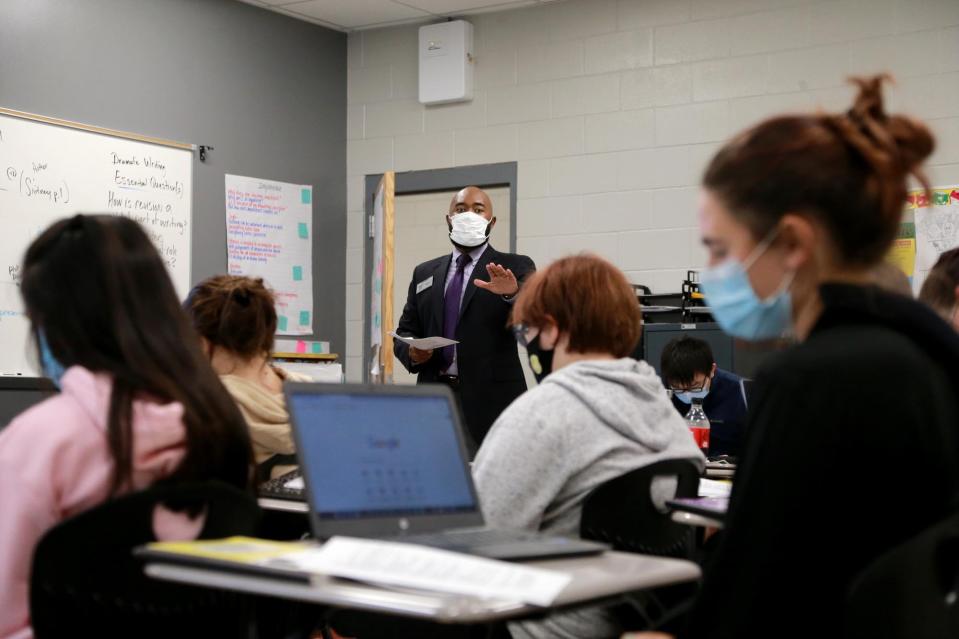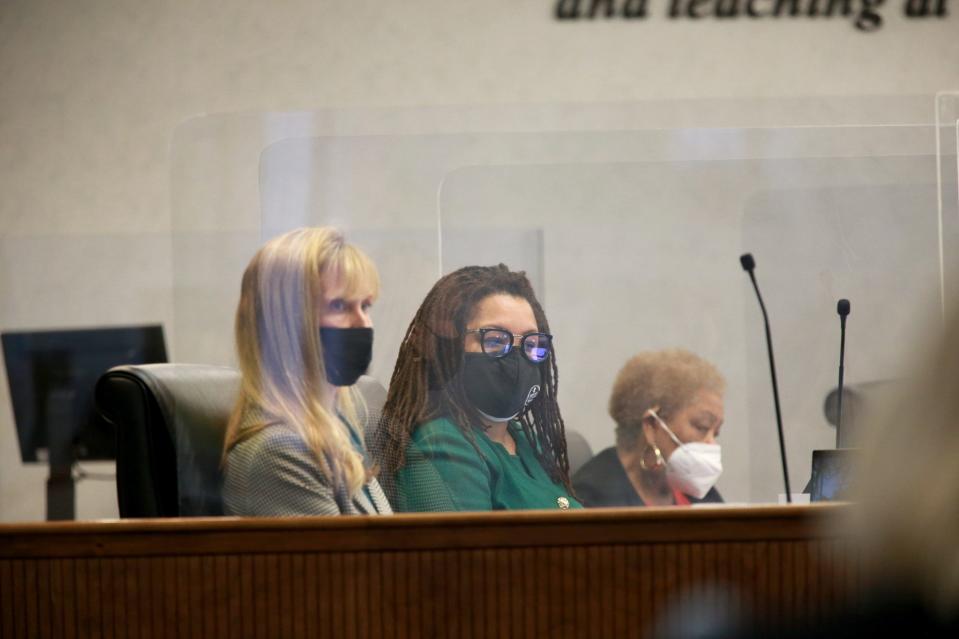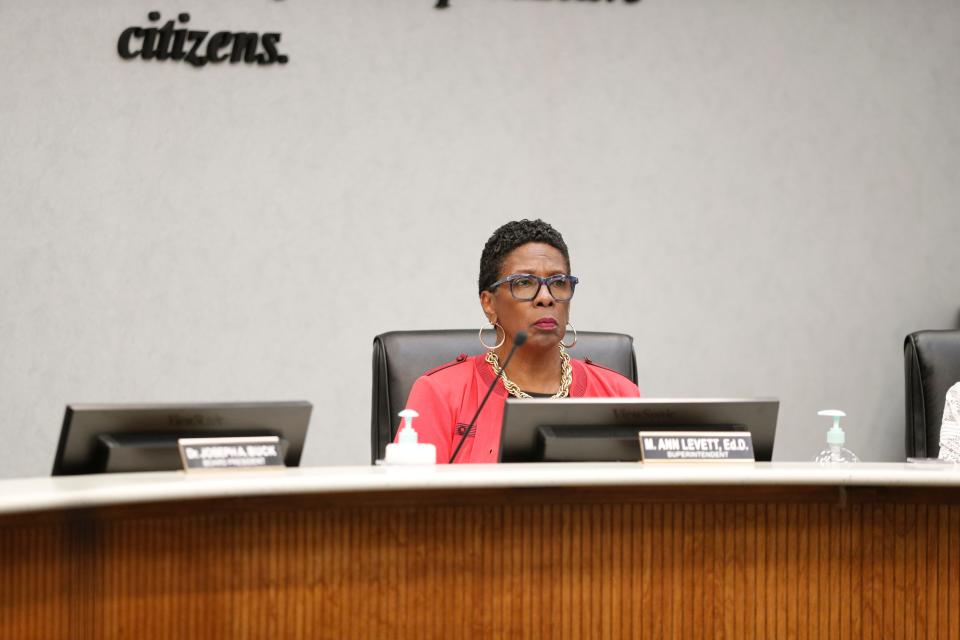Georgia now has a divisive concepts law for public schools. How is Savannah addressing it?
At the start of the school year, teachers will typically go through classroom rules, the supply lists, and – if they teach older children – a syllabus with their students.
This academic year, educators must also contend with Georgia’s newly enacted divisive concepts law, which prohibits teachers from interjecting their personal and political beliefs into a classroom setting.
Passed in April, the legislation prohibits educators from espousing comments that insinuate one race is superior to the other or that the United States in an inherently racist country, among other race and gender-related subject matter.
School districts do have discretion in implementing the law in terms of complaint reporting and procedures.
Previous statehouse reporting: Georgia Senate passes Parents’ Bill of Rights, which prohibits teaching 'divisive concepts'
Read: Georgia's "Divisive Concepts" law
Rep. Ron Stephens: 'Nauseated' by behavior of political extremists, divisive legislation
How SCCPSS plans to handle Georgia's divisive concepts law

“We will now be working with our curriculum and instruction team, and others to actually prepare training for teachers to provide support for them,” said Bernadette Ball-Oliver, the Savannah-Chatham County Public School System's associate superintendent of secondary governance.
“So, knowing that it's new, we’re still formulating those plans, but making sure that we have a general plan in place that will address that and provide support to our teachers and our leaders.” Ball-Oliver said part of that plan includes ongoing training with teachers on how to handle race and gender-related issues in their classrooms.
Ban those books? The debate over 'obscene' books in school libraries comes to Savannah
'I am the youth': Savannah-Chatham students take up mantle of defending 'obscene' books
From the politics team: Georgia passed a Parents' Bill of Rights this year, but it doesn't give parents much new power
How the Savannah public school district will handle divisive concepts was discussed at a July 14 School Board workshop, with the district legal counsel, attorney Brian Dennison, presenting a draft of the district's plan.
Several board members expressed concerns about how the law would affect English and social studies teachers whose subject matters often include such “divisive concepts.”
“I don’t know how you teach about reconstruction, Jim Crow laws...red-lining, sundown laws that were based in law, identified by law and without someone feeling that there is race scapegoating,” District 2 representative Dionne Hoskins-Brown said during the workshop. “Even if you say 'Here’s the book,' that book has material there that indicates our national history is problematic.”

During the workshop, Dennison said the law does give the district some leeway as far as who can report a concern about divisive concepts and what the disciplinary process would be.
For the complaints process, the school district is using the model language provided by the Georgia School Board Association to establish their guidance for divisive concepts.
Once enacted, only the parents whose child or children attend the school in which the divisive concept incident occurred may file a complaint to the principal of that school, Hetager said.
“It doesn’t prohibit divisive concept conversation from an education standpoint,” he said, adding the school district policies already covered what the law instructed school districts to do with regard to anti-discrimination policies and a process for complaints.
“Some of it (the Georgia law) is redundant, but it provides a definition on divisive concepts.”
Adam Van Brimmer: Savannah-Chatham School Board critics are stuck on asinine 'woke ideology' myths

Superintendent Ann Levett said the district will talk with teachers now that it’s signed into law and what it means.
“We have few instances where teachers deliberately say something that causes offense to someone else,” she said at the July school board workshop. “I believe that there are intelligent teachers who are paying attention and raising concerns with us.”
The school board is expected to vote on the policy at its Aug. 10 meeting.
Raisa is a watchdog and investigative reporter for The Savannah Morning News. Contact her at rhabersham@gannett.com.
This article originally appeared on Savannah Morning News: Savannah public schools adjust to new Georgia divisive concepts law

